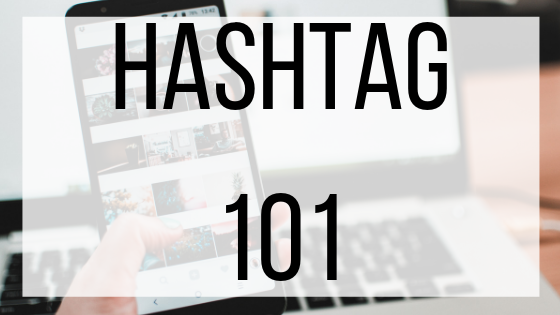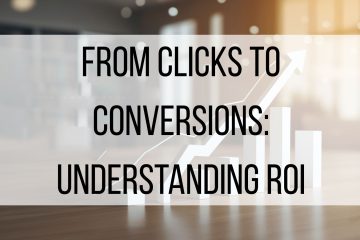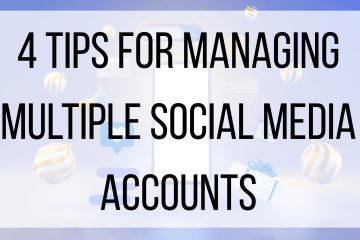Hashtag 101

In the age of technology, it is easy to get lost or confused by the ever-changing trends and algorithms. One trend that is not new, but has dramatically risen in popularity over the past decade, is the hashtag. A hashtag is simply a word or phrase without spaces, following a pound sign (for example, #bmtmicro). Made popular by Twitter, they are also now commonly used on Facebook and Instagram as well. Although hashtags are a fairly simple concept, there is some detail that goes into going into when and how to use them.
What is the purpose of hashtags?
Hashtags were created to allow users to start and search discussions on a certain topic. Since they are typically short, they allow for an uncluttered look when used correctly, and let users see what others are saying about that topic. Hashtags are often used at events and conferences, in emergencies or disasters, holidays, and general interest topics. Say you were attending the Slush conference, you would use the hashtag #Slush or #Slush2019 on your posts to make them visible to others interested in or attending the event. Hashtags are a great way to increase visibility and engagement.
How To Use Hashtags:
Determine the number of hashtags you are going to use based off of the channel you are posting on. Although you can use hashtags on Facebook, they are not as common so you want to consider your top few that you think will be the best asset to your post. Twitter has a character limit, so you will want to be sure that you are using Twitter hashtags to your best advantage as well. Instagram is the easiest platform on which to abuse hashtags, as they are commonly used and allow brands to use up to 30 hashtags per post. While hashtags are a great asset, using too many can make your post look like spam and give it an overall messy look. Try to stick to about 10 hashtags per Instagram post to ensure that you are using quality over quantity, and keeping them relevant to your content. 10 is not a magic number however, so test out different hashtags and different quantities to see what works best for your company.
How To Find Relevant Hashtags:
Instagram and Twitter both allow you to search trending hashtags, which is a great way to see what kind of content is trending. Often popular and trending tags come down to the phrasing, rather than the message behind it. For example, #MotivationMonday and #MondayMotivation give the same message, but are two different hashtags and will yield different results. Just because a hashtag is trending on one social media channel does not mean it will be on the others, so make sure you do your research and choose what is most effective for each individual site.
One of the best parts about the relevant hashtag searches is that in addition to the most popular tags, you can search popular tags within your industry. This is a great tool to utilize to reach your largest and best audience. Check out your top competitor’s accounts as well to see what hashtags they are using that customers are responding to, as well as the ones the top leaders in your industry are using. While you do not want to copy every hashtag they are using, it can give you a good idea of the tops ones you should be integrating into your posts.
Create A Hashtag:
You can hashtag any word or phrase, “creating” a hashtag, but come up with one or several unique to your business. It can be as simple as your name or more creative like a catchy phrase for a campaign you are running. The Coca-Cola #ShareaCoke campaign is a great example of using a clever hashtag to drive user engagement. However, even if you choose to keep it simple, you can still drive engagement. Using your customized hashtag and encouraging your audience to do so as well will allow new or potential customers to be able to see where you are mentioned over social media platforms all in one place.
When it comes to hashtags, there is no rule book. They are frequently changing, so keep an eye on what is currently trending, and don’t be afraid to try out new hashtags to see what works best for you. Use your common sense and research skills and you will be a #pro in no time.


